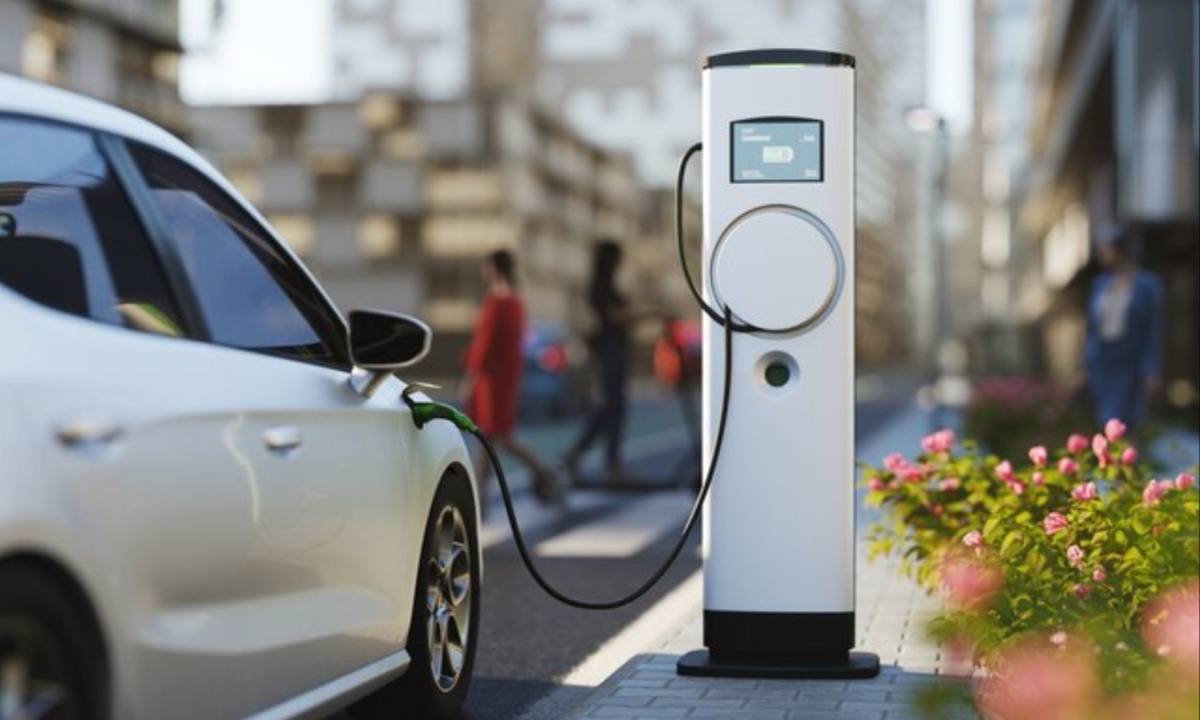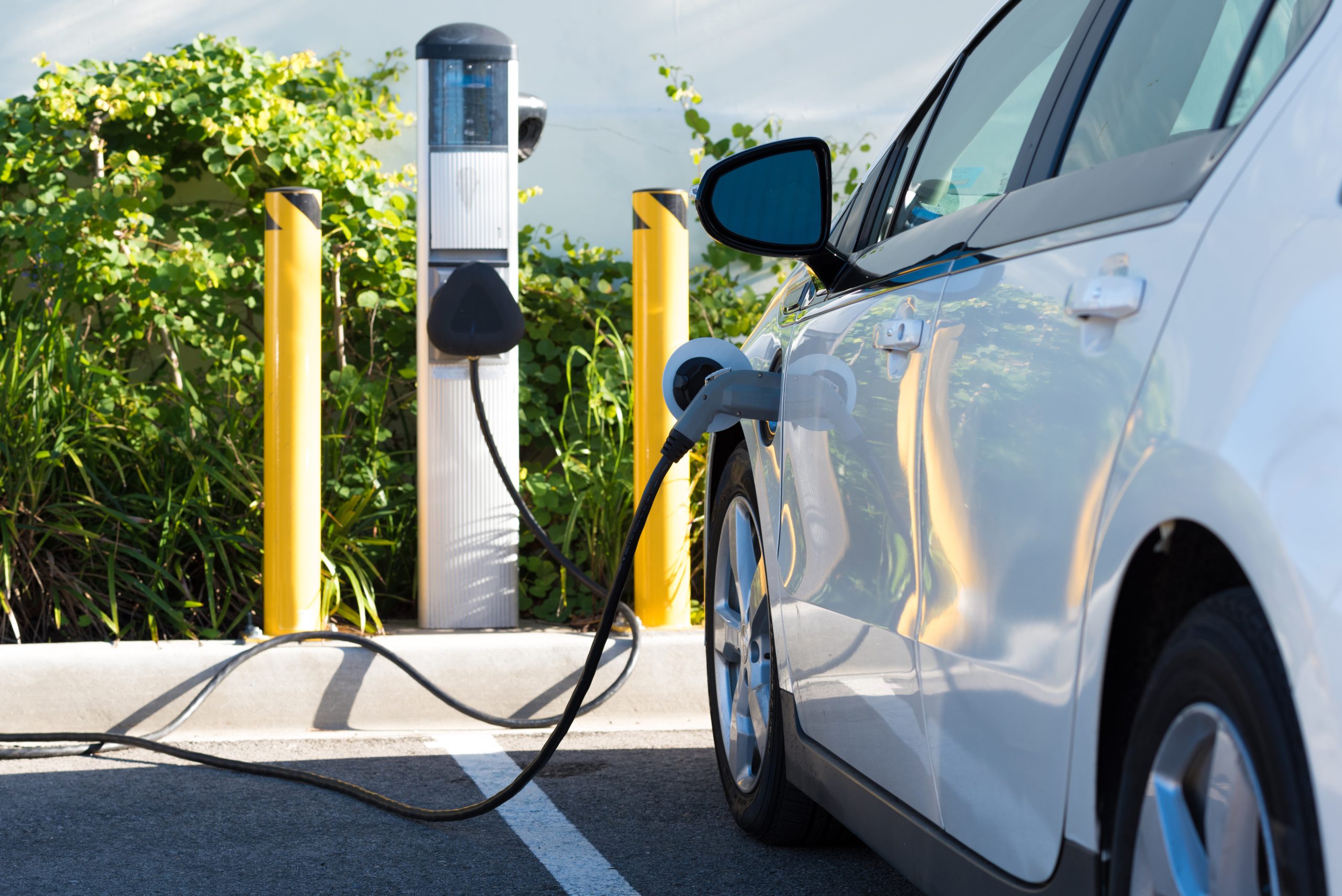Electric vehicle (EV) sales in the United States continue to hit record highs, but growth has slowed for the first time since mid-2020. A Pew Research Center survey shows a decline in Americans’ willingness to consider purchasing EVs, with only about 30% expressing serious consideration—a 9-point drop from the previous year. The study explored factors influencing this trend, such as environmental concerns, costs, driving experience, reliability, and infrastructure confidence, offering insight into Americans’ shifting perspectives on EVs.
Americans recognize EVs’ environmental benefits, with 47% believing EVs are better for the environment than gas-powered vehicles. However, this share has declined significantly from 67% in 2021. When it comes to costs, most Americans (72%) agree that EVs require a larger up-front investment. Opinions are more divided on charging costs, with 36% believing EVs cost less to charge, while others feel charging is either more expensive or about the same as fueling gas vehicles. These financial concerns remain a significant barrier to EV adoption.

EVs’ driving experience and reliability also draw mixed reviews. Only 13% of respondents find EVs more fun to drive than gas vehicles, while most see no difference. Concerns about reliability have grown, with 50% of Americans now viewing EVs as less reliable than gas vehicles—up 16 points since 2021. Reports of battery issues and maintenance challenges likely contribute to these perceptions. Partisan differences further shape opinions, with Democrats consistently viewing EVs more favorably across environmental, cost, and reliability metrics compared to Republicans.
Confidence in EV infrastructure is another critical issue. A majority of Americans (56%) are not confident that the U.S. will develop sufficient charging stations to support widespread EV adoption. This skepticism is more pronounced among Republicans (76% not confident) than Democrats (38%). Confidence levels directly correlate with EV purchasing interest, as individuals optimistic about infrastructure development are more likely to consider an EV purchase. Declining confidence in infrastructure, even among Democrats, reflects broader concerns about the feasibility of transitioning to EVs at scale.
The survey underscores the complexities surrounding EV adoption in the U.S. Environmental concerns and technological advancements favor EVs, but financial, experiential, and infrastructural hurdles remain significant. While partisan divides persist, broader apprehensions about costs, reliability, and charging infrastructure indicate that further investments and policy support will be necessary to sustain momentum in EV adoption and overcome consumer hesitation.

